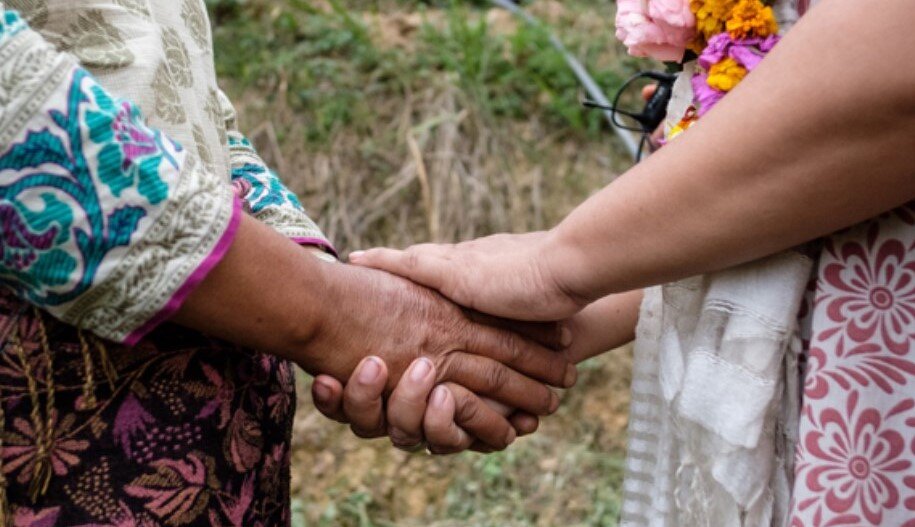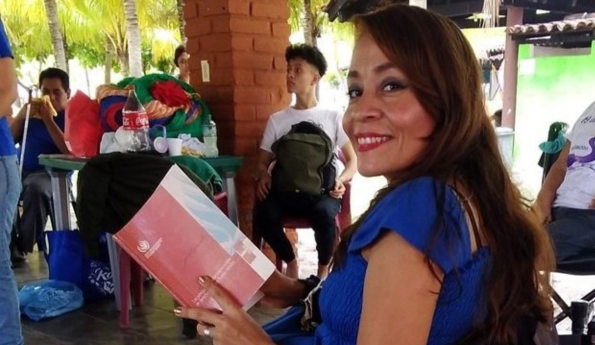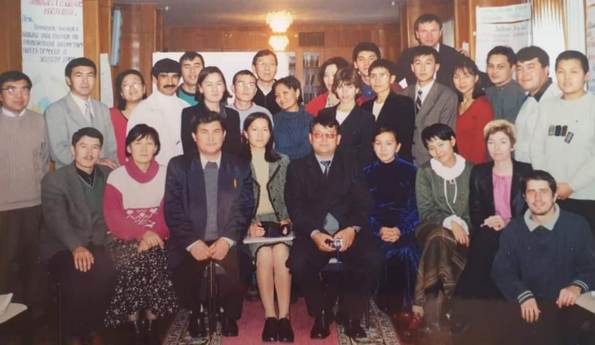
By: Emily Wexler, Social Sector Accelerator
What does it mean to stay adaptive amidst the confluence of a global health crisis with COVID-19, an economic crisis with a looming recession, and communities mobilizing to demand an end to systemic racism and justice for police brutality against the Black community? How do we acknowledge and stay accountable to the communities we serve, particularly Black, Indigenous and people of color who are and will be disproportionately impacted?
The social sector is placing increased pressure on philanthropy to up its endgame and undergo real, deep-seated cultural transformation. These compounded events have spurred an unprecedented level of professed practice shift in the philanthropic sector as more funders seek to be responsive to the shock waves emanating throughout the social sector. For example, nearly 800 grantmakers have signed a pledge created by the Council on Foundations that calls for a commitment to a host of actions that range from loosening grant restrictions, converting program-specific support to general operating support and contributing to local emergency response funds to name several.
While the full list of actions included in this pledge offers a roadmap to dismantling some of the more problematic aspects of philanthropic giving, it doesn’t enumerate the extent nor the duration for which these practices can and should be put into action.
In the face of this uncertainty and change, what is philanthropy’s purpose both right now and in helping to deliver a just and sustainable recovery? Will the organizations that signed onto the Council of Foundation’s pledge meet and sustain these commitments or revert to status quo practice after a period of time has passed? What will it take to embed these practices and more into existing philanthropic practice?
To reflect on these questions, we spoke with Solomé Lemma, the Executive Director of Thousand Currents, a funder collaborative that funds grassroots groups and movements led by women, youth, and Indigenous peoples in the Global South. For Thousand Currents, this time hasn’t changed their purpose, but rather it has amplified it.
At Thousand Currents, offering flexible and unrestricted multi-year support is just a start. Soon after much of the world entered lock-down, the funder collaborative immediately mobilized an emergency response fund, the “Above and Beyond Solidarity Fund”, to move resources directly to partners – without them requesting emergency support. The importance of such funds cannot be understated, given that Thousand Current’s portfolio funds “life solutions, grassroots organizations, and movements that are working at the intersections of food, climate, and economy” which are affecting and effected by COVID-19. Solomé Lemma articulates how the wider philanthropic sector must refrain from restricting or shrinking despite the uncertain times and take up similar action if they also wish to “unlock change.”
All of their actions move at the speed of trust. When asked how Thousand Currents has come to build trusting relationships with grantee partners, Lemma clarifies,
“…I don’t think we arrive at trust, it’s an ongoing process. You continue to cultivate it. You continue to deepen it, particularly as funders. Because as the entity that controls the resources, we always have to be mindful of how power shows up and how power can implicitly and explicitly inform trust even when we think we’re doing everything we can to build it.”
But the true test of progress in building trusting relationships, Lemma explains, is when the organization receives forward, constructive feedback. In fact, some of Thousand Currents flagship work right now, Thousand Currents Academy, is a direct result of grantee partners asking the group to transform the sector. The Academy is dedicated to growing the network of practitioners who are advocating for philanthropy to uplift the leadership of grassroots leaders that are tackling the root causes of poverty and injustice. And beyond the formal programming, Lemma and her colleagues will be expanding their donor education and advocacy activities to support expansion and abundance during this critical time.
If you’d like to hear more from Executive Director Solomé Lemma herself, listen to our interview below.
Noor Chaudhry contributed to the production of this post.




